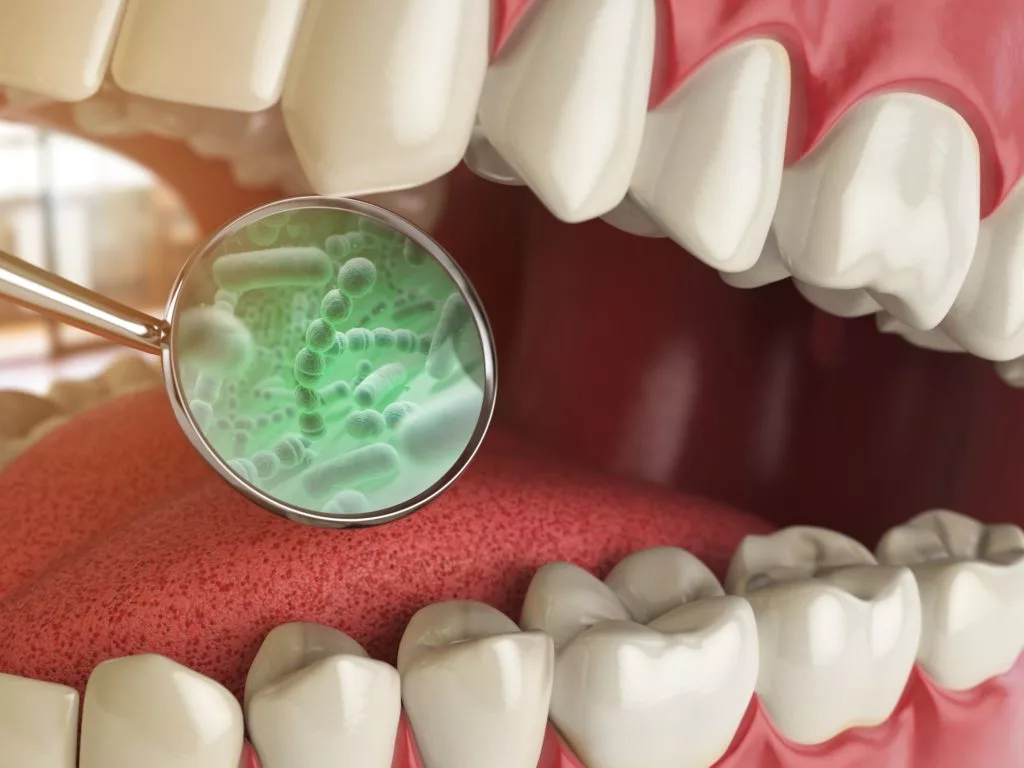Halitosis Treatment (Bad Breath)
You don’t have to live with chronic bad breath—a medical condition known as halitosis. There are ways to prevent it and eliminate bad breath once and for all.
Bad Breath Treatment
Millions of people—an estimated 1 in 4 people globally—suffer from chronic bad breath/halitosis. It can cause embarrassment and anxiety, but it’s relatively easy to remedy.
Halitosis is caused by oral bacteria trapped in your mouth for an extended time. The key to dealing with it is treating the root of the problem—removing the source of the odor. Most over-the-counter remedies such as mouthwash, mints, and gum only mask the problem.
At Byrne Dental, we treat halitosis with a professional cleaning and oral cleanse to reach crevices not normally accessed through regular brushing and flossing. Occasionally, a deep cleaning, consisting of scaling and root planing, is needed to remove bacteria trapped below the gum line. We also can perform tongue scraping, if the tongue is the source of the smell.

-
What causes bad breath?
Bad breath, also known as halitosis, can result from poor dental health habits and can be made worse by the types of foods you eat. The most common cause of halitosis is inadequate dental hygiene. If particles of food are left in the mouth, their breakdown by bacteria produces sulfur compounds. If regular brushing, flossing, and hydration don’t solve it, the best solution is to see your dentist for deep cleaning.
-
What is the best chewing gum for bad breath?
Chewing gum can help remedy bad breath until you can see your dentist for a deep cleaning. The best chewing gum is sugar-free chewing gum. The sweetness of this gum comes from sweeteners and not sugar, so it doesn’t cause tooth decay.
In addition to masking bad breath, chewing sugar-free gum helps protect your teeth and gums between meals. Teeth are more at risk of an acid attack directly after you’ve eaten. Chewing gum after a meal helps reduce acid and the harm it may cause to your teeth. It prompts the mouth to produce more saliva, which is the mouth’s natural defense against acid.
-
Does smoking cause bad breath?
Many smokers suffer from bad breath from time to time. Heavy smokers are usually more frequently affected, but occasional smokers also get bad breath. Studies suggest that smokers experience a deterioration in sensitivity, so you may not even realize you have bad breath or be able to smell it on yourself.
Bad breath in smokers is caused by the tobacco itself. The lungs retain a measure of the tobacco smoke for a while after the cigarette has been extinguished, and these chemicals remain in the mouth, making a greater case for halitosis.
Another side effect of smoking is dry mouth, caused by bacteria in the mouth from tobacco. Dry mouth has a significant correlation to smoking, which is also a leading cause of halitosis. Dry mouth not only affects breath but also affects gingivitis, making an even bigger case for the importance of regular dental checkups if you are a smoker.
More Questions?
If you have more questions about halitosis, please contact our office, and we will be happy to discuss further.

